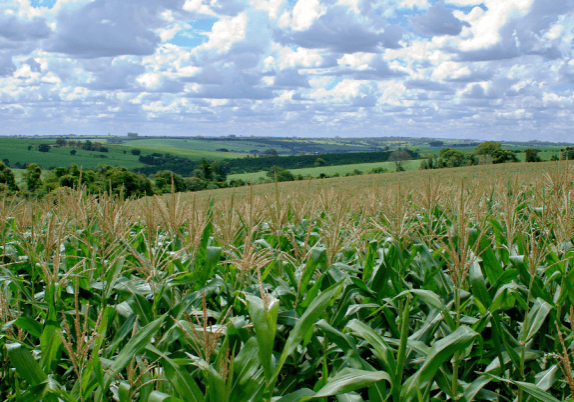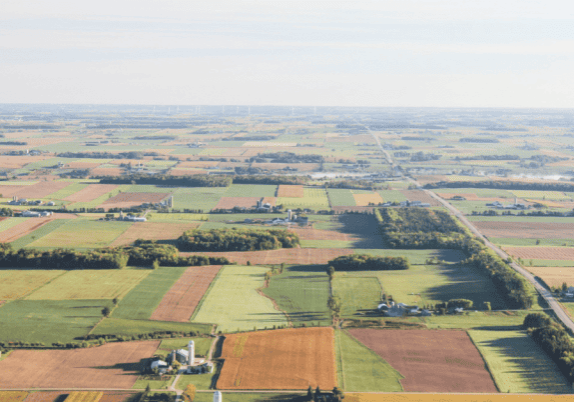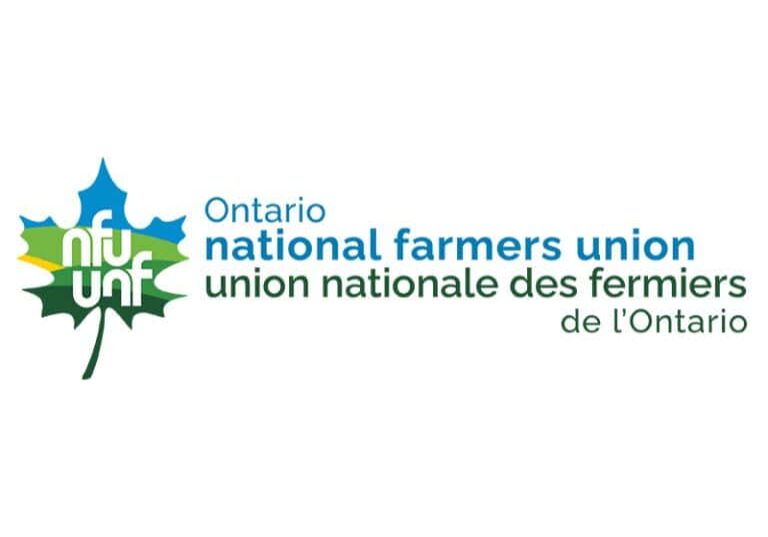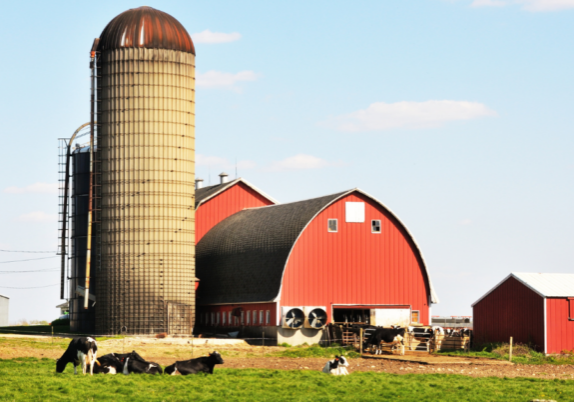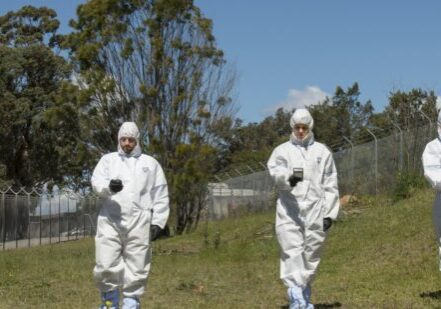FPT Roundtable: Letter to Minister Flack
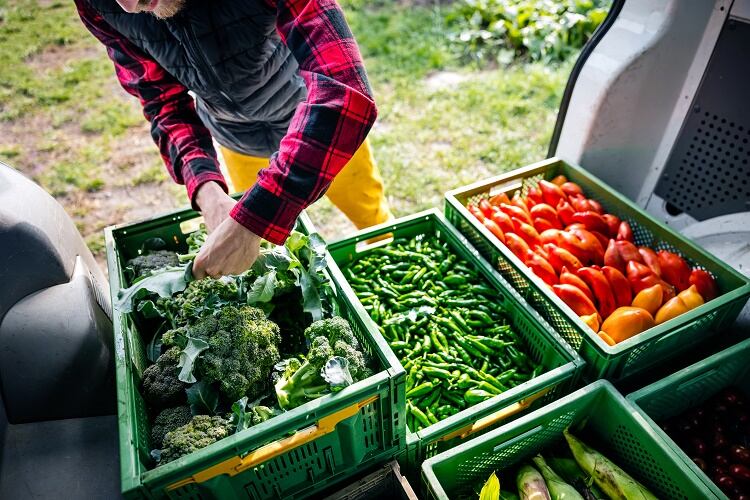
Dear Minister Flack,
The National Farmers Union – Ontario (NFU-O) would like to thank you for the invitation to join you at the FPT Roundtable on June 20th. We regret that we were unable to attend. We are pleased to take this opportunity to highlight some opportunities for farmers in Ontario under the Sustainable Canadian Agricultural Partnership (SCAP).
Our farmer members are concerned about how the climate crisis is affecting them on their farms, many expressing fears about how to mitigate risk with increasingly severe weather becoming more common. We also want to ensure that programs are accessible to producers of all types, sizes, and scales. The NFU-O would like to see support for farmers to reduce on-farm emissions and provide environmental benefits through the adoption of a suite of best management practices, and have the following recommendations.
1. Reintroduce comprehensive Ontario Ministry extension services for nutrient guidance and soil health testing
If we are to increase resiliency, build soil health and mitigate risk, farmers need access to unbiased and varied training and knowledge in order to do so. We need government policy
that supports the reintroduction of public extension services with trained agrologists capable of assisting farmers in calculating the most efficient and sustainable nutrient applications for their fields (including independent, i.e. noncorporate, advice on the right time, rate, source, and placement). These extension services should also provide free annual soil testing for all farm operations.
2. Create a Canadian Farm Resilience Agency (CFRA) to coordinate a rapid, science- guided, and least cost transition to financially secure, emission-minimizing farms and food systems.
To reduce agricultural greenhouse gas (GHG) emissions and nutrient use across the country, we echo the call of the National Farmers Union and Farmers for Climate Solutions for the need for extensive, long-term support for farmers in: understanding and quantifying emissions; using fertilizer with maximum efficiency and effectiveness; optimizing and reducing use of other inputs; optimizing livestock systems; managing water and improving soils; and accessing agronomic advice independent of agribusiness corporations. A CFRA would help coordinate planning and delivery of agri-environmental and climate related programs across all provinces and territories.
3. Provide funding and support for farmer-to-farmer knowledge sharing
Many of our farmers have been leading on-farm climate action since the early 2000s including improving soil health, limiting inputs of phosphorus and nitrogen fertilizer,
creating farm carbon plans and undertaking soil carbon measuring. There needs to be more funding and support for sharing the results of this work, and providing farmer-to-farmer
knowledge sharing and support. In addition to concerns around the climate crisis, many of our farm members are addressing the challenges of accessing land. Ontario has the highest farmland values in the country. This, combined with the high cost of entry (farm equipment and infrastructure expenses) make it almost impossible to start a farm close enough to markets where farmers can actually turn a profit. This is especially true for equity-deserving farmers who typically do not benefit from generational wealth. Approximately 40% of Canadian farmers will retire by 2033. While many new farmers seek to replace them, systemic barriers restrict their access to the most essential component of farming – land. Meanwhile, land that is unaffordable for new farmers is being purchased by non- agricultural entities and permanently removed from production. The NFU-O would like to see support for the next generation of farmers to be able to access land and feed our communities, and have the following recommendations.
4. Implement a New Entrant Farmer Strategy for Ontario
We recommend that the province work in collaboration with agricultural organizations and AFOs to provide guidance from the beginning to end of a farming career, including training and education, business planning and support, financial support, land access, wrap-around supports, and ensure that equity-deserving farmers have access to tailored support with accommodations for specific language and cultural needs.
5. Provide multi-year funding for an Ontario land-matching program under the Sustainable Canadian Agricultural Partnership
The Federal Government has supported land matching services in Quebec under the Growing Forward 2 cost-share program with l’Arterre, as well as for British Columbia’s land matching program through Young Agrarians under the Sustainable Canadian Agricultural Partnership (SCAP). Considering that Ontario is facing a similar farmland succession crisis, we recommend that the Ontario government partner with the Federal government to build out a stable-funding mechanism and work alongside agricultural organizations, AFOs, and OMAFRA to develop and manage an Ontario land-matching program. We also recommend that a specific stream be provided for Indigenous communities to support land rematriation and to stimulate food sovereignty initiatives. It is absolutely essential that we improve our soil health, increase the organic matter in our soil and increase the biodiversity on our farms in order to withstand the extreme weather events that are already occurring – that’s the best way to protect our crop yields in the future. Our ability to continue feeding ourselves depends on our ability to adapt to our changing climate. It is also essential that we consider and support the next generation of farmers to ensure our food security
and support for a thriving food economy in Ontario.
Thank you again for the opportunity to highlight our concerns and opportunities for farmers in Ontario under the Sustainable Canadian Agricultural Partnership (SCAP).
Sincerely,
Max Hansgen
President, National Farmers Union – Ontario
